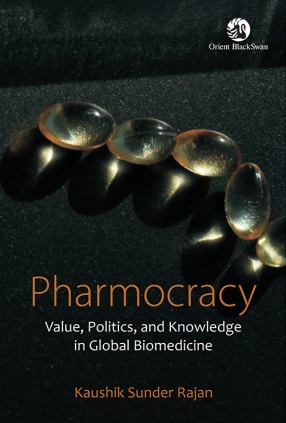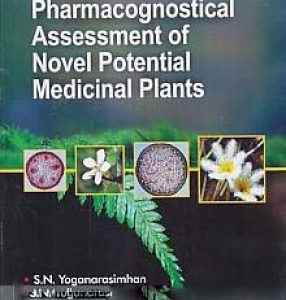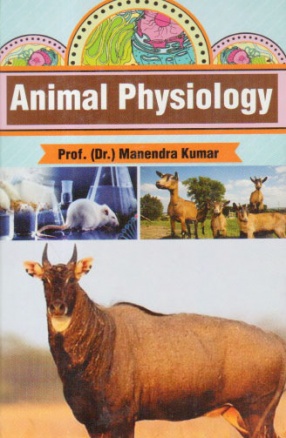In this book, Kaushik Sunder Rajan introduces the concept of “pharmocracy” to explain the structure and operation of the global, multinational pharmaceutical industry. He highlights pharmocracy’s logic in two case studies from contemporary India: the controversial introduction of an HPV vaccine in 2010, and the Indian Patent Office’s denial of a patent for an anticancer drug in 2006 and the ensuing legal battles.
In each instance, health was appropriated by capital and transformed from a state of well-being into an abstract category dependent on capital’s interests. These cases demonstrate the precarious situation in which pharmocracy places both health and democracy, as India’s accommodation of global pharmaceutical regulatory frameworks puts the interests of its citizens against those of international capital.
Continuing Sunder Rajan’s theoretical explorations into the relationships among biosciences, the market, and political economy, Pharmocracy contributes to debates in the humanities and social sciences around questions of health, law, and political economy. It will be of interest to anthropologists, sociologists, historians, and political theorists, as well as to legal scholars, public health practitioners, policymakers and pharmaceutical industry analysts.





There are no reviews yet.